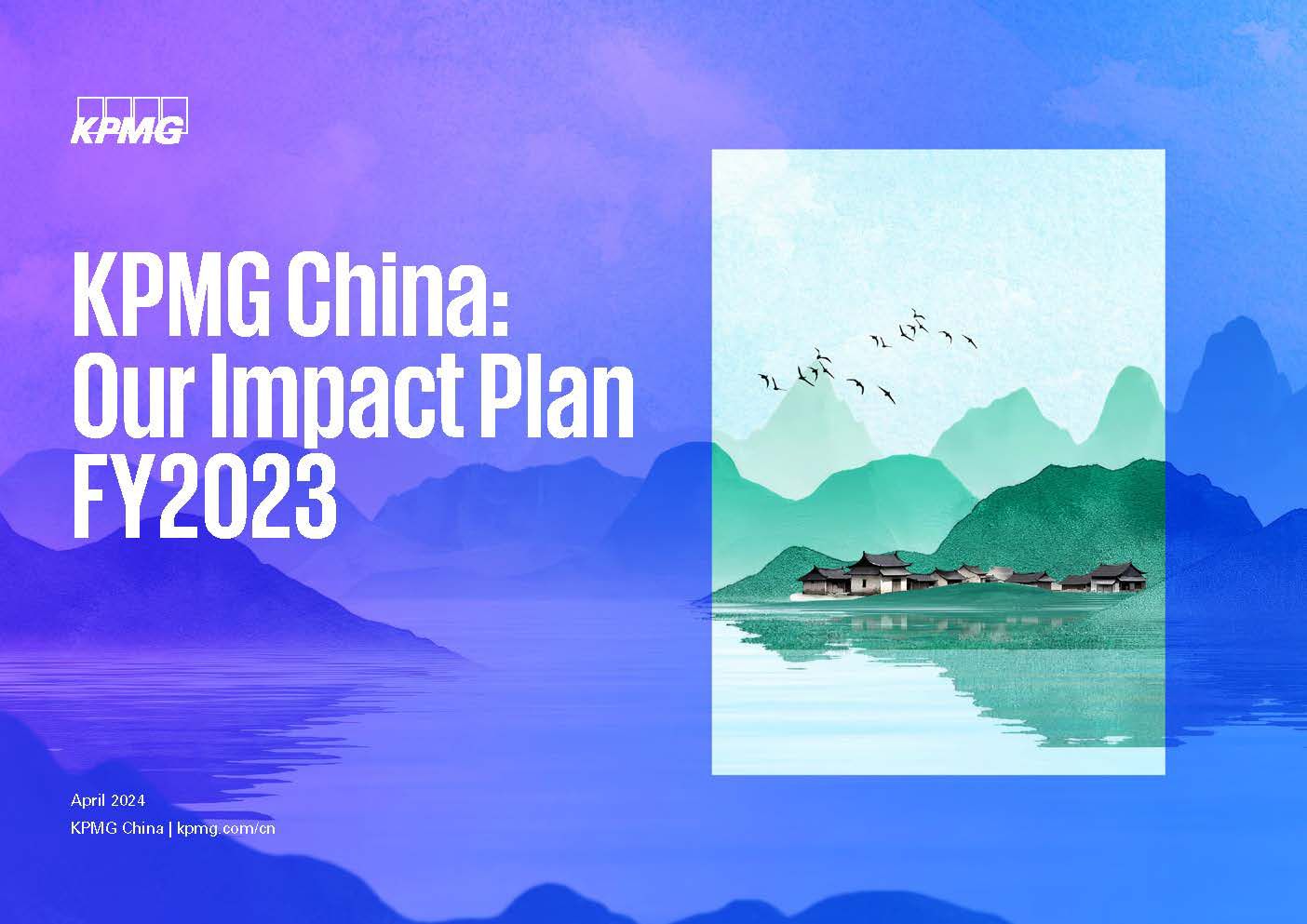“Mankind is facing severe climate challenges and the time to act on climate change is running out. In the face of pressing climate challenges and an evolving business landscape, KPMG China’s commitment to sustainability remains steadfast. We have forged various decarbonisation strategies to move us towards our climate goal, decarbonising our operations and value chain, and paving the way for a high-quality, low-carbon transition."
Our global commitment: Achieve net-zero carbon emissions by 2030.
Amid mounting concern about extreme weather events and rising global temperatures, decarbonisation is taking centre stage. Reducing carbon emissions is not only crucial for protecting the environment, but also serves as a pivotal strategy for future-proofing business continuity.
Since the 18th National Congress of the Communist Party of China, the country has been placing ecological advancement in a prominent position on the agenda, and taking long-term steps to advance the Beautiful China Initiative and to realise the ‘modernisation of harmony between humanity and nature’. Despite a rebound in carbon emissions due to the resumption of business activity in FY23 after COVID, KPMG China remain steadfast in our commitment to advancing our global's near-term science-based target (SBT) to decarbonise our business by 50 percent across all scopes by 2030, compared to the FY19 baseline. KPMG China is also determined to champion and promote green development by actively implementing environmental strategies on decarbonisation, circularity, nature conservation and more.
Our climate strategy
To contribute towards our global climate goals, our climate strategy concentrates on reducing carbon emissions from our own operations and driving emissions reductions with our business partners and suppliers along our value chain.
These efforts involve proactively implementing our environmental policy, improving energy efficiency, purchasing 100% renewable electricity through Renewable Energy Certificates (RECs), promoting green travel, reducing carbon emissions in our supply chain, promoting a circular economy, and protecting biodiversity. These strategies are essential components of our decarbonisation pathway, aimed at reducing negative environmental impact within our operations and along our value chain.
Supported by our professional ESG Advisory team, we also conduct an annual climate simulation analysis which provides crucial insights for refining our climate strategies and propelling us towards our climate goals. Merging environmental and business priorities, our commitment to decarbonisation is both a serious responsibility and a vital pathway to a sustainable future.
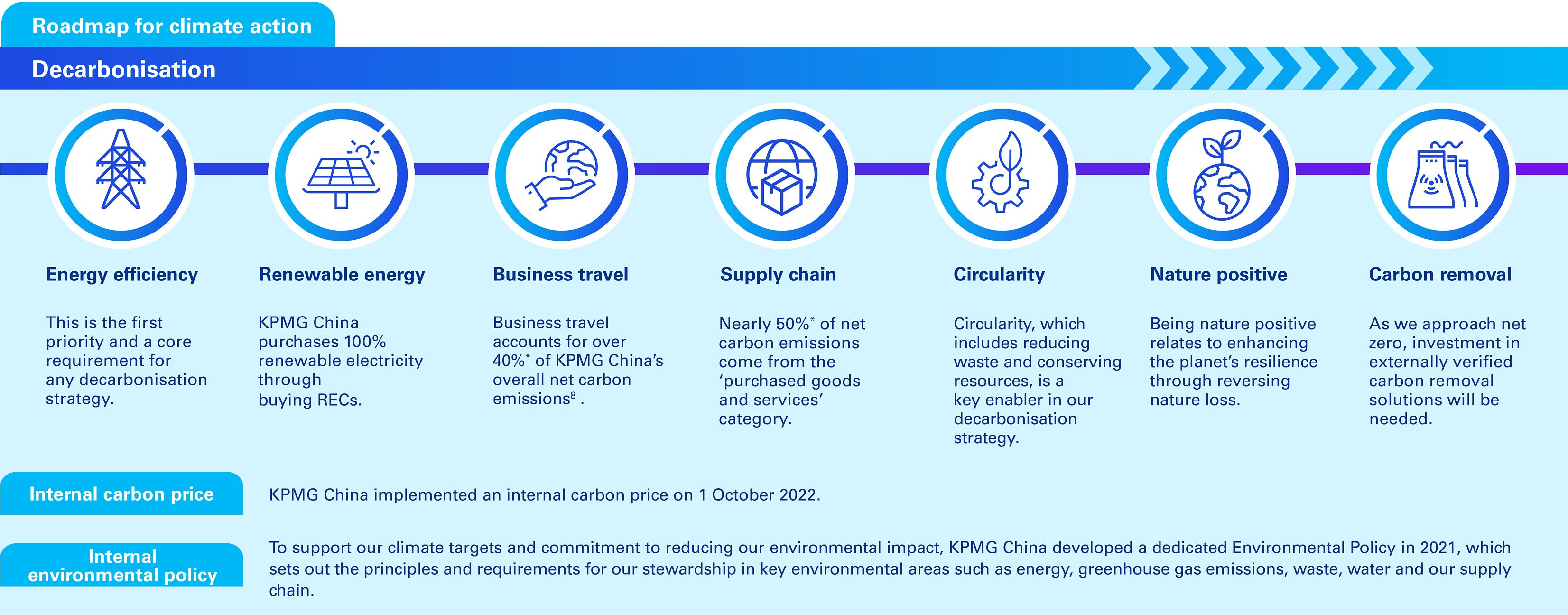
Our annual Global Climate Performance (GCR) initiative to collect emissions data follows the Greenhouse Gas Protocol guidelines and provides detailed insights into our climate disclosures for FY23. This analysis has enabled us to identify the key factors contributing to the change and develop corresponding strategies for climate action.
The reopening of the borders in January 2023 resulted in an expected increase in carbon emissions. This was mainly due to the resumption of business travel, with emissions in this category experiencing a moderate increase compared to the FY19 levels. In FY23, our net carbon emissions totalled 80,017tCO2e, up by 30.3% compared to FY22 and 1.3% compared to the FY19 baseline year. However, when factoring in the 33% growth in our workforce between FY19 and FY23, our net emissions per full-time employee (FTE) fell by 24%, from 6.7tCO2e to 5.1tCO2e.
Greenhouse gas (GHG) emission (tCO2e) in FY2023
Scope 1 emissions
FY23
Scope 2 emissions
(net of RECs)
FY23
Scope 2 emissions
(location-based)
FY23
Scope 3 emissions
FY23
% change in per capita GHG emissions
(net of RECs)
FY23 VS FY19
RECs means renewable energy certificates.
KPMG China’s commitment to sourcing 100% renewable electricity has been fulfilled through the purchase of renewable energy certificates (RECs) since FY21.
In FY23, we continued to purchase approved International Renewable Energy Certificates (I-RECs) and, subject to the development of the green electricity market in China, we will seek to purchase more Green Electricity Certificates (GECs) in future to support national renewable energy projects in China.

A green, low-carbon office building – KAMPUS
The design of our new Shanghai office, KAMPUS, is rooted in the concept of sustainability. The Workplace department has worked in close collaboration with the Procurement team, our sustainability colleagues and other departments to integrate the ethos of environmental awareness into the project.
With a focus on reducing environmental impact, the Procurement team took care to select designers and contractors who could fulfil our requirements. It was also important that KAMPUS be situated in a green building, with our chosen site being a LEED GOLD certified green building.
We have endeavoured to infuse the principles of green living and low-carbon practices into the design and layout, optimising the use of energy, land, water and materials. Our furniture selection also aligns with our low-carbon ethos, favouring durable, mobile and flexible furniture options.
Energy efficiency has been addressed through intelligent lighting control linked to light-sensitive curtain control systems; CO2 monitoring linked to the building ventilation system; photovoltaic power generation; and other energy-efficient measures aimed at curbing electricity consumption. Class I water-saving appliances and direct water dispensers have also been installed to reduce water consumption.
In addition, circularity is prominent in the new KAMPUS building, where a dedicated Green Corner and recycling facilities have been established to promote resource conservation.

Implementation of an internal carbon price
As an important enabler of decarbonisation, the internal carbon price (ICP) initiative was officially launched on 1 October 2022. The ICP applies the ‘polluter pays’ principle and is a fee charged to responsible departments based on business travel emissions from air travel, rail travel and hotel accommodation.
The significance of the ICP lies in its ability to integrate carbon considerations into our business decisions, while funds collected from the ICP will be used to finance decarbonisation projects to help us better contribute to our global climate goals.
Though quantifiable progress may take time to materialise, the initiative actively engages our people, fosters environmental awareness and empowers sustainable actions across all levels. Assigning a carbon cost to business travel aims to discourage our people from non-essential travel, nurturing a culture of conscious decision making when travelling.
A greener approach to business travel
As the world returns to business as usual and the desire for face-to-face interactions increases, we find ourselves at a pivotal juncture. Balancing the benefits of in-person engagements with the pressing need for decarbonisation has led us to advocate for a more sustainable approach to business travel. This includes promoting the use of virtual meetings and collaboration tools to reduce the requirement for extensive business travel, and encouraging our people to opt for rail travel rather than air travel.
Reducing our supply chain emissions
Sustainable supply chain management is crucial to our decarbonisation efforts. It addresses the significant portion of emissions originating from the supply chain and aligns with our commitment to tackle climate change.

Promoting supplier engagement and collaboration
We are actively taking steps to engage our suppliers and enhance supplier management, aiming to provide them with a deeper understanding of how they can align their operations with our sustainability objectives.
CDP Supply Chain programme
We continue to engage suppliers through the Global CDP Supply Chain programme. In addition to the top multinational suppliers approached by the KPMG Global network, we also invited 28 local suppliers to submit their carbon footprints for this programme. This collaborative, data-driven approach helps us identify areas for improvement, enhances risk management and provides targeted support to suppliers themselves.
Sustainability supplier check
We have established a standard sustainability check process for our critical sourcing projects. Through this process, we evaluate sustainability status and performance to select quality suppliers who are not only commercially strong but also support KPMG China’s ESG principles through their actions. In FY23, we engaged 89 suppliers and examined the top 49 suppliers’ sustainability performance.
National supplier webinar
In July 2023, we initiated a national supplier communication webinar to equip 59 suppliers with a sustainability mindset and introduce them to our approach towards sustainability. Through informative sessions, we introduced KPMG China’s OIP strategies and expectations, as well as shared our CDP Supply Chain programme and sustainability check requirements, which has assisted our suppliers in embarking on their own sustainability journeys.
Promotion of circularity
Embracing the circular economy is vital for our decarbonisation efforts, and we are mindful of the items we use and where they end up. We continuously strive to reduce waste, improve resource efficiency and implement sustainable practices, particularly in three areas – IT equipment, offices and property services, and events and catering.

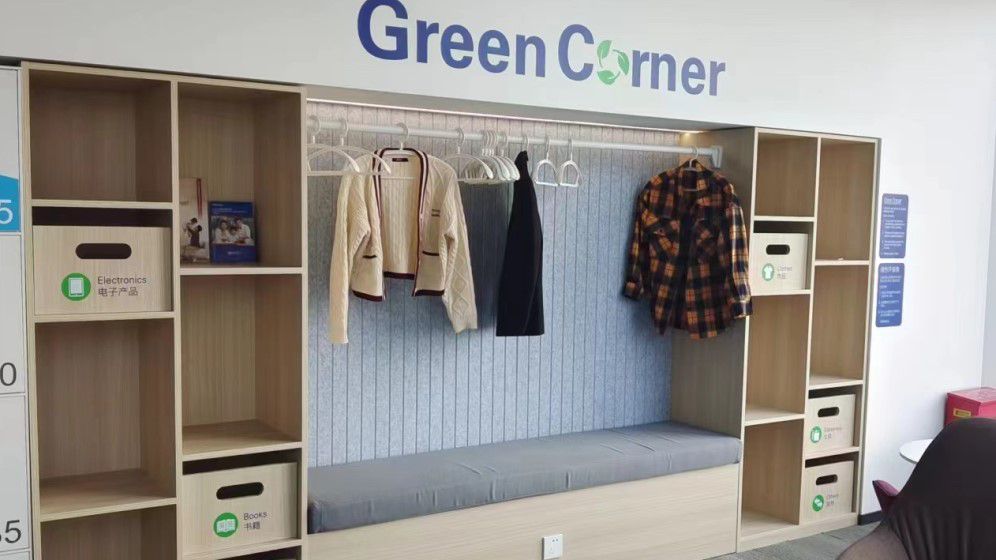
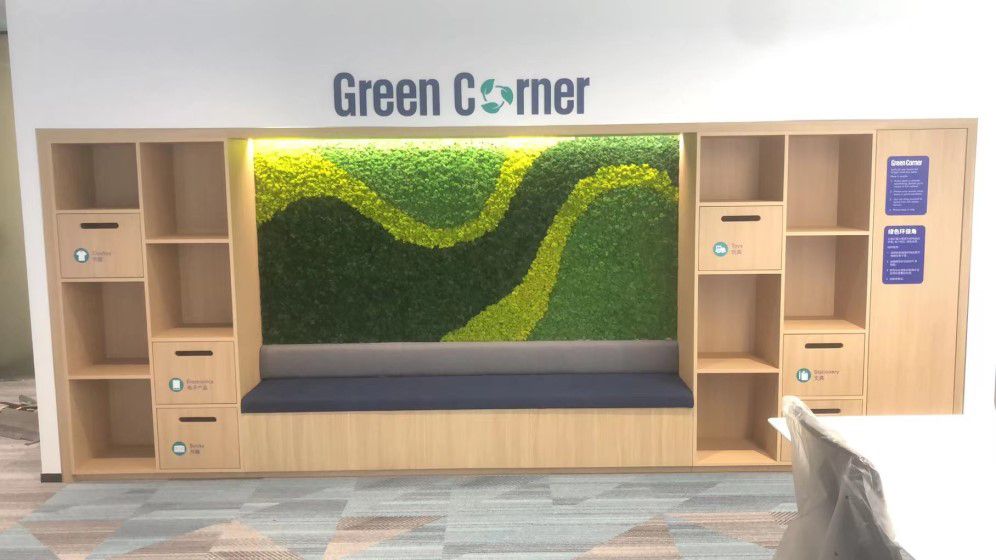
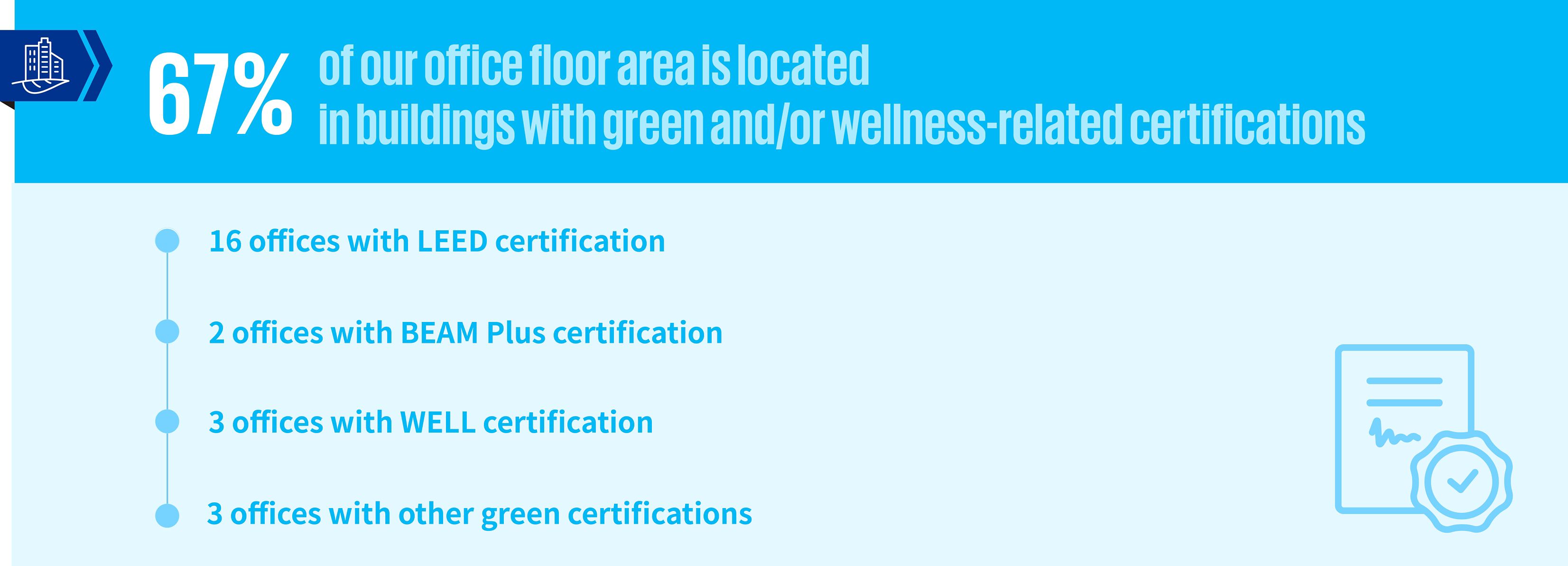
Giving furniture a new life
To ensure our office furniture continues to serve others, our Workplace team in Hong Kong made a considerable effort to ensure each piece of furniture in storage found a new life. The furniture, which had been stored from our earlier office move, was repurposed through three different channels – reuse in other offices, donation to charities and schools, or repaired and resold.
Around 9% of items were reused in our offices, while charities were offered anything they might need. Tables, cabinets and more were donated, making up about 11% of the items. All remaining furniture and parts were collected by a furniture repair and resale company, and readied for reuse or resale. By reducing waste, we were able to support others and keep resources in use for longer.
Similarly in Shanghai, our surplus furniture, including chairs, workstations, cabinets and more, was shared with NPOs. The remaining items were sent to an organisation for resale, and instead of accepting payment for the furniture, the money was donated to charities on our behalf.
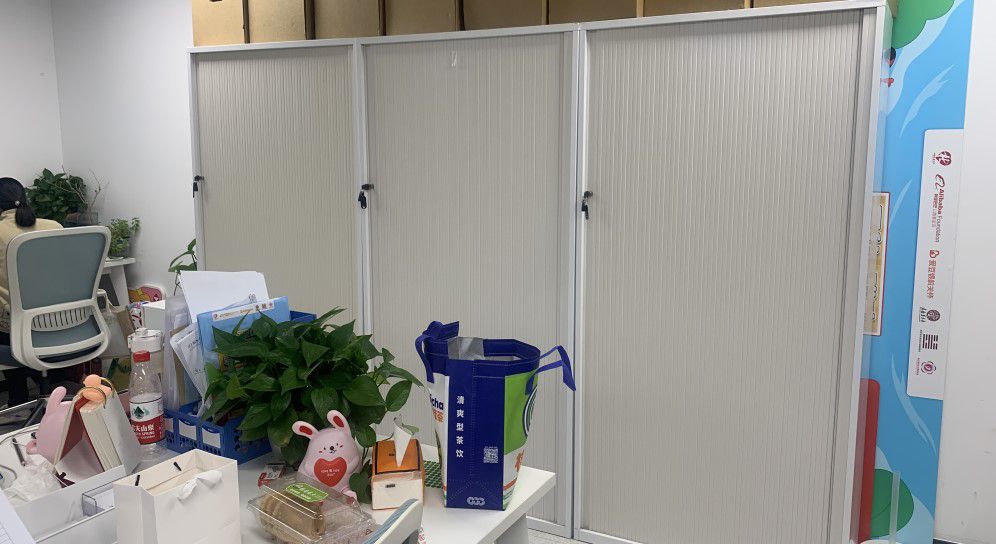
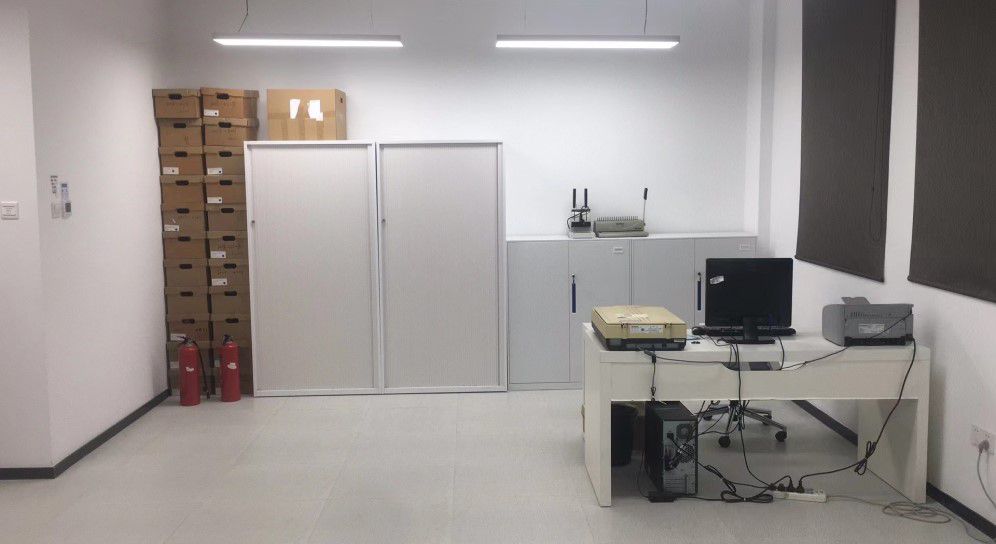
Our journey towards sustainability is guided by the principle of becoming ‘nature positive’. KPMG China is dedicated to protecting biodiversity by gaining a better understanding of our impact on nature and improving our focus on biodiversity. Collaborating with well-established NPOs, we channel resources into meaningful projects that preserve and restore the delicate balance of freshwater, wetland, forest and ocean ecosystems.
Globally, KPMG is a member of the Taskforce on Nature-related Financial Disclosures (TNFD). We will continue to align with leading practices through supporting initiatives such as the TNFD to help ensure our approach to business considers our impact and dependency on nature.
Protecting freshwater resources in Guangdong Province and promoting ecological revitalisation
In collaboration with Conservation International, KPMG China supports a freshwater conservation project in Xiadong village, Xinhuilong town, Dongyuan county, Heyuan city, Guangdong province, which aims to protect water resources in the Dongjiang Basin and enhance the water quality of a vital water source in the GBA.In addition, the project fosters villagers’ self-reliance and improves the water environment through community capacity building and the funding of the construction of an artificial wetland. By supporting the development of rural nature protection and cultural experience projects, the project explores rural development in an environmentally friendly way to support rural revitalisation.
In March 2023, to celebrate the project's second anniversary, KPMG China donated a set of large-scale solar photovoltaic power generators to the freshwater park to support the electricity consumption of the freshwater park, fully leveraging the advantages of green energy, fostering energy conservation and carbon reduction, and furthering rural ecological revitalisation efforts.
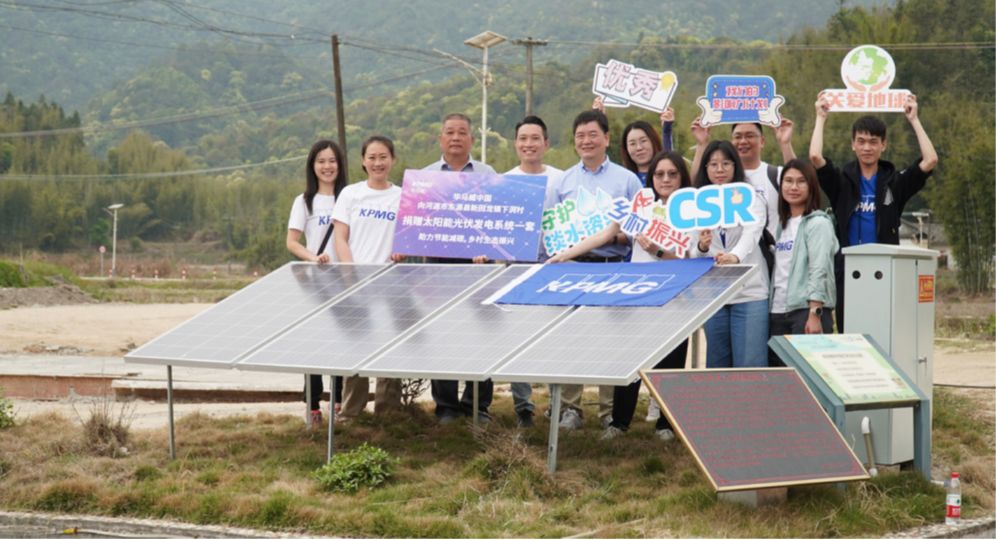
Supporting the ecological conservation of wetlands and helping to build a beautiful GBA
As part of China’s commitment to building a harmonious coexistence with nature on the path to Chinese modernisation, we are proud to be significantly expanding our conservation endeavours in partnership with the Shenzhen Mangrove Wetlands Conservation Foundation (MCF).
Leveraging the momentum generated by our successful two-year conservation programme initiated in 2020 to safeguard and manage the Shenzhen Bay ecosystem, we supported MCF to launch the ‘Green GBA – Outlook for the Future’ Forum in March 2023, extending our efforts to support the sustainable development of the GBA.
The partnership with MCF echoes the core tenets of China’s green transition policies to help achieve higher-quality development, while safeguarding our planet's intricate biodiversity.
People of KPMG - Jane Chen
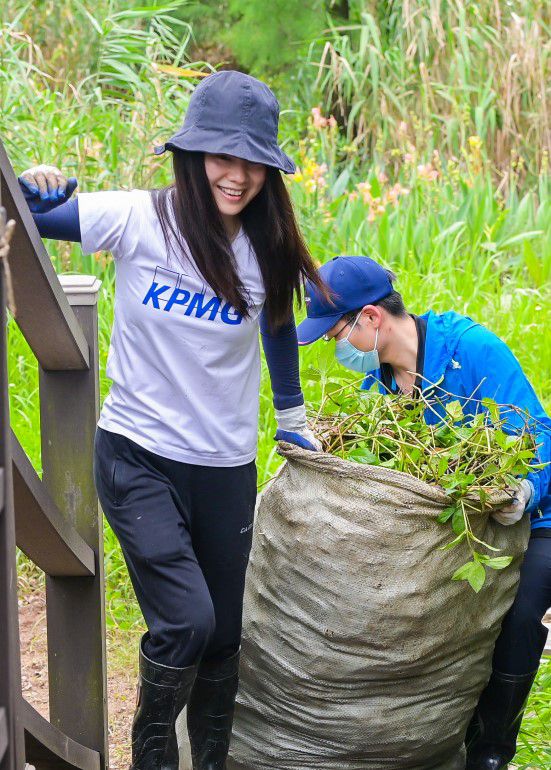
As climate change accelerates, businesses are experiencing an unprecedented convergence of challenges and opportunities, from supply chain disruption caused by extreme weather, to increasing scrutiny and demand from environmentally conscious clients and customers. As a result, the assessment of climate risk has become a strategic imperative for businesses worldwide.
In March 2024, KPMG released the first global Climate Risk Report aligned with the Task Force on Climate-related Financial Disclosures (TCFD) recommendations. The report includes a climate scenario analysis utilising the Climate IQ tool to examine our exposure to physical and transition risks across the largest countries and territories in which KPMG firms operate (including KPMG China). The assessment financially quantifies the risks and opportunities arising from climate change and low-carbon transition. The report helps shape the development of our climate strategy, enabling us to improve our adaptability in addressing challenges and leveraging the opportunities stemming from climate change. In addition, KPMG actively participates on the TCFD Board, contributing to the development of consistent climate-related financial disclosure standards.
In light of the growing concern over climate risk, the ESG team at KPMG China has been assisting our clients with ESG services to manage risks and harness opportunities arising from climate change, integrating these factors into their business operations and strategic decision-making.









